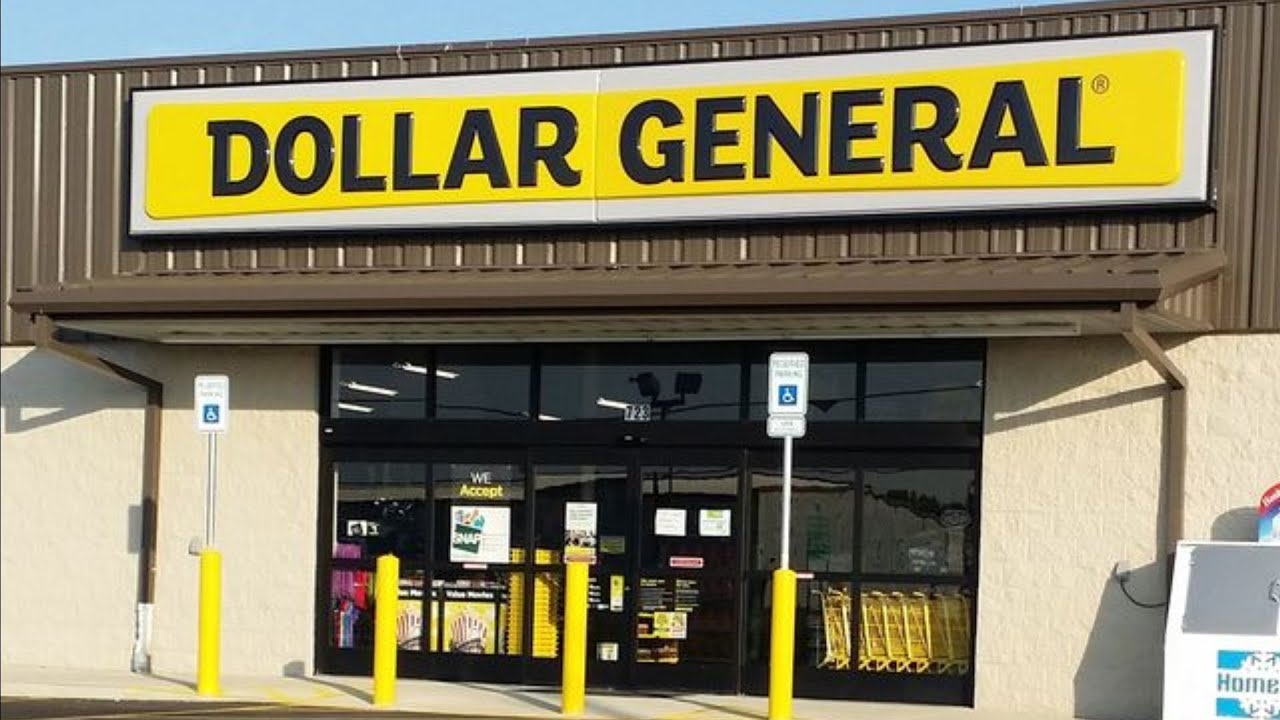Torrid Credit Card: Benefits, Drawbacks & How to Apply
The Complete Guide to the Torrid Credit Card: Benefits, Drawbacks, and How to Apply. If you’re a fan of trendy plus-size fashion, you may already be familiar with Torrid, a well-known retailer that caters to the fashion needs of plus-size women. To enhance your shopping experience, Torrid offers its customers a specialized credit card with …





